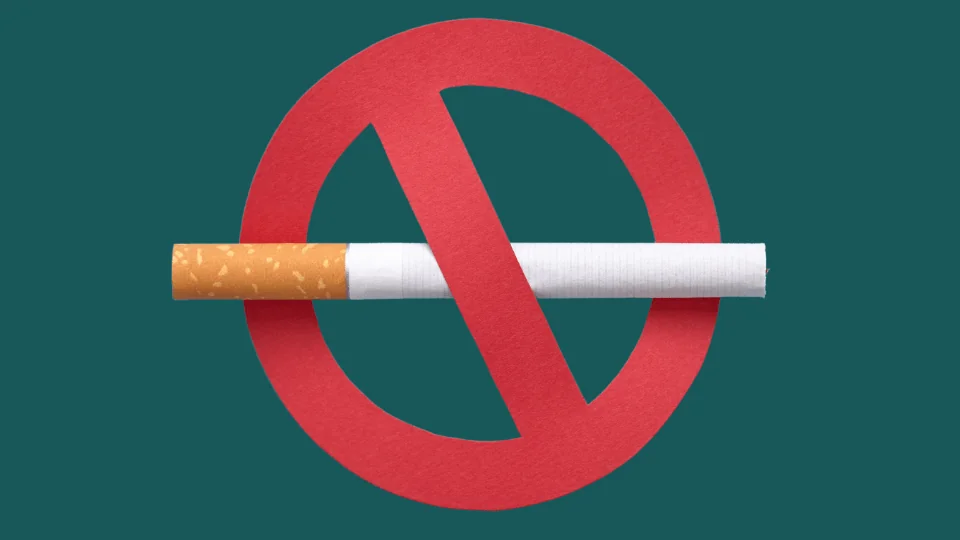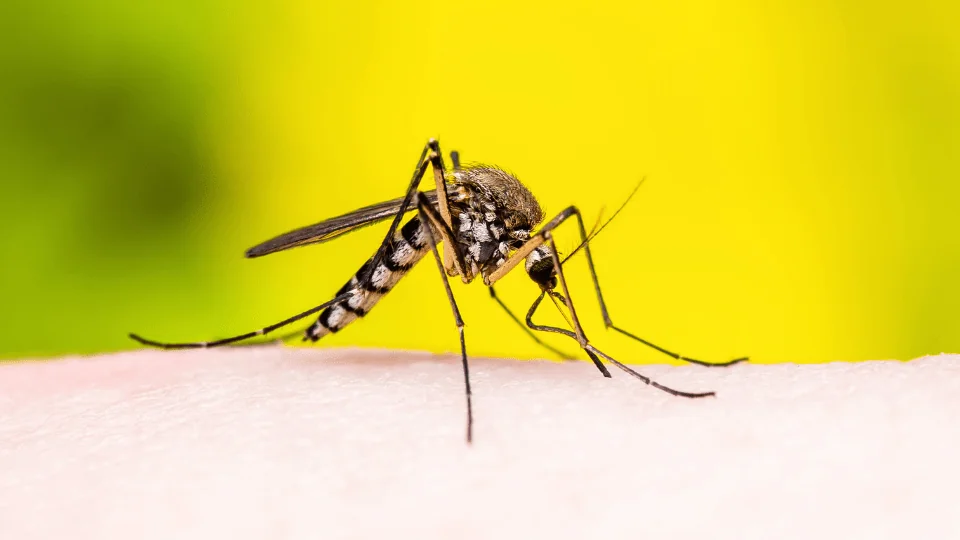
Get the Cholera Vaccine in Islington
Cholera is an acute diarrheal infection caused by the Vibrio cholerae bacterium. It spreads primarily through contaminated water and food, especially in areas with inadequate sanitation and hygiene. The symptoms of cholera range from mild to severe, including profuse watery diarrhoea, vomiting, and dehydration. If left untreated, cholera can be fatal within hours, making it a public health concern that demands immediate attention.
Prevention is Key
At Carter’s Chemist, we firmly believe that knowledge is the first line of defence against any disease. Understanding how cholera spreads is crucial for effective prevention whilst travelling abroad. Maintaining proper sanitation, practising good hygiene, and ensuring access to clean water are fundamental measures to curb the transmission of the disease.
Simple yet impactful practices such as washing hands with soap and water, consuming safe and clean food and water, and avoiding raw or undercooked seafood are essential in minimising the risk of cholera. These measures not only protect individuals but also contribute to the overall well-being of the community you are visiting.
The Cholera Vaccine
While prevention is vital, vaccination plays a pivotal role in safeguarding travellers against cholera. The cholera vaccine is a powerful tool that offers an additional layer of protection against this infectious disease.
The cholera vaccine works by stimulating the immune system to produce an immune response against the Vibrio cholerae bacterium. This response helps the body recognise and fight the bacteria more effectively if exposed. Administered in two doses, the cholera vaccine provides immunity for a specific period, offering a valuable shield against the disease.

High-Risk Destinations
Some areas around the world have historically been considered high-risk destinations for cholera due to factors such as inadequate sanitation, limited access to clean water, and challenges in healthcare infrastructure. However, it’s essential to note that the situation may change, and it’s advisable to check with updated travel advisories and health organisations for the latest information. Here are five regions that have, in the past, faced higher risks of cholera:
The cholera vaccine works by stimulating the immune system to produce an immune response against the Vibrio cholerae bacterium. This response helps the body recognise and fight the bacteria more effectively if exposed. Administered in two doses, the cholera vaccine provides immunity for a specific period, offering a valuable shield against the disease.
Haiti and the Dominican Republic:
In 2010, Haiti experienced a severe cholera outbreak following a devastating earthquake. The disease quickly spread, affecting thousands of people. The Dominican Republic, which shares the island of Hispaniola with Haiti, also faced increased risks due to its proximity and similar environmental challenges.
Yemen:
Yemen has been grappling with a cholera epidemic amid ongoing conflict and humanitarian crises. The combination of compromised sanitation systems and limited access to healthcare has contributed to the spread of cholera in the country.
South Sudan:
South Sudan, facing political instability and a humanitarian crisis, has encountered outbreaks of cholera. Challenges in providing clean water and adequate sanitation contribute to the heightened risk in this region.
Bangladesh:
Bangladesh has a history of cholera outbreaks, primarily due to challenges in water sanitation and hygiene, especially in densely populated urban areas. Coastal regions and areas prone to flooding are particularly vulnerable.
Democratic Republic of the Congo (DRC):
The DRC has experienced periodic outbreaks of cholera, often linked to inadequate sanitation infrastructure, contaminated water sources, and population displacement due to conflicts or natural disasters.
It’s important to emphasise that efforts are continually made to control and prevent cholera in these regions. International organisations, local health authorities, and NGOs often work together to improve water and sanitation infrastructure, conduct vaccination campaigns, and provide healthcare services to mitigate the impact of cholera outbreaks.
Before travelling to any destination, especially those with a history of cholera or other waterborne diseases, it is crucial to check the NHS Fit for Travel website and follow their recommendations. This may include getting vaccinated, practising good hygiene, and avoiding the consumption of unsafe food and water. Additionally, staying informed about the current health situation and any travel advisories is essential for a safe and healthy journey.

Book an Appointment
As we navigate the ever-evolving landscape of travel health, the threat of infectious diseases remains a constant concern. Cholera, with its potential for rapid transmission and severe consequences, highlights the need for a proactive approach to prevention and protection whilst travelling abroad.
Our team at Carter’s Chemist in London urges travellers to prioritise their health and well-being by understanding the risks of cholera, adopting preventive measures, and embracing the power of vaccination. Get the Cholera Vaccine in Islington today by booking an appointment below or contact us to find out more.










